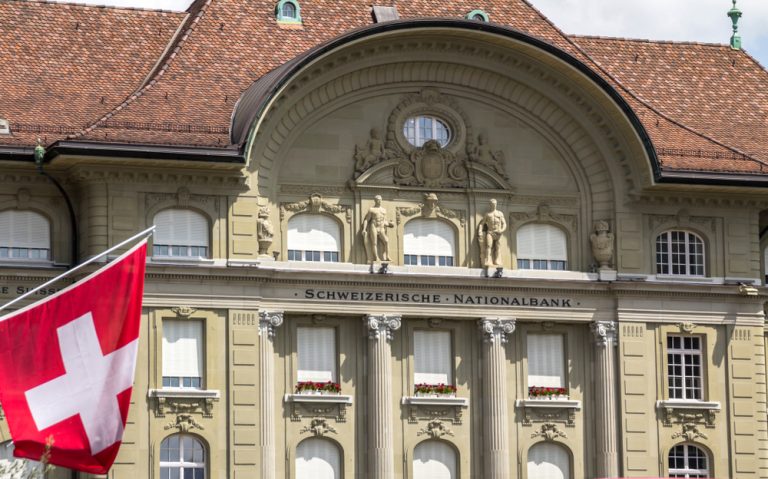Shock decision triggers economic fears and political backlash
Switzerland is facing financial and political turbulence after U.S. President Donald Trump imposed a surprise 39% export tariff on Swiss goods, catching both government officials and business leaders off guard. The move led to a 1.8% drop in the Swiss blue-chip stock index and has placed tens of thousands of export-related jobs at risk.
Officials believed they had negotiated a 10% tariff after three months of talks, but a contentious phone call between Trump and Swiss President Karin Keller-Sutter appears to have unraveled that progress. The call was described as “disastrous” by insiders, though Swiss officials denied it was the sole cause of the tariff increase.
Luxury and manufacturing sectors at risk
The U.S. is a crucial market for Swiss exports such as watches, chocolate, precision machinery, and pharmaceuticals. Though drugs were initially exempt, economists warned that including them could plunge the country into a recession. The export levy is among the harshest globally, exceeded only by duties imposed on Laos, Myanmar, and Syria.
Industry groups were quick to criticize the fallout, calling it a major threat to Switzerland’s export-driven economy. With one-sixth of Swiss exports destined for the U.S., the country now finds itself at a competitive disadvantage compared to the EU and UK, which secured 15% and 10% rates respectively.
Government scrambles for solutions
Following emergency cabinet talks on Swiss National Day, officials issued a statement vowing to present a more attractive trade proposal to Washington. Specific concessions remain unclear, but potential options include increased imports of U.S. liquefied natural gas or new Swiss investments in the American economy.
Business Minister Guy Parmelin expressed openness to direct negotiations in Washington and acknowledged Trump’s dissatisfaction with Switzerland’s Sfr38.5 billion trade surplus with the U.S. “We need to fully understand what happened and revise our offer accordingly,” he told RTS radio.
Domestic criticism and uncertain path forward
Swiss media were critical of Keller-Sutter’s handling of the situation. Headlines accused her of being unprepared and outmatched in discussions with Trump. The backlash marks a significant political setback, with newspapers describing it as the worst moment of her presidency.
While government sources downplayed the tone of the call, analysts note that Trump’s unpredictable trade policy means Switzerland may yet negotiate better terms. Until then, the 39% tariff looms as a severe blow to Swiss exporters and a test of diplomatic resilience in an increasingly protectionist trade environment.


